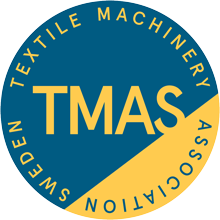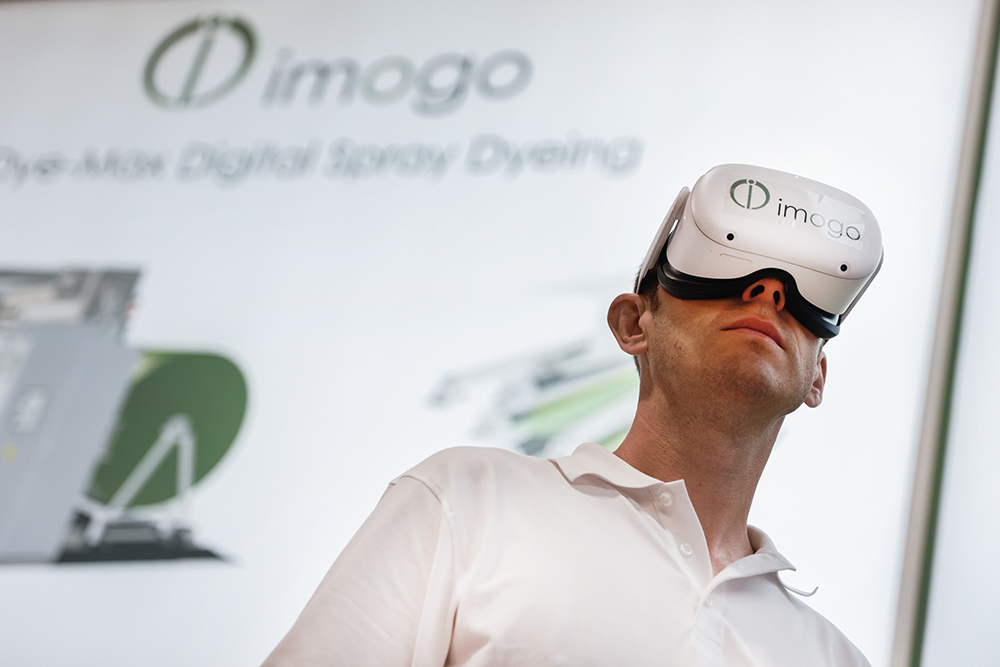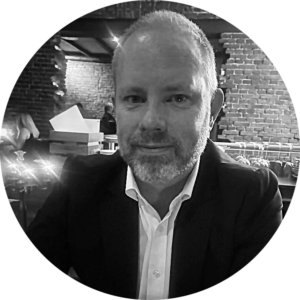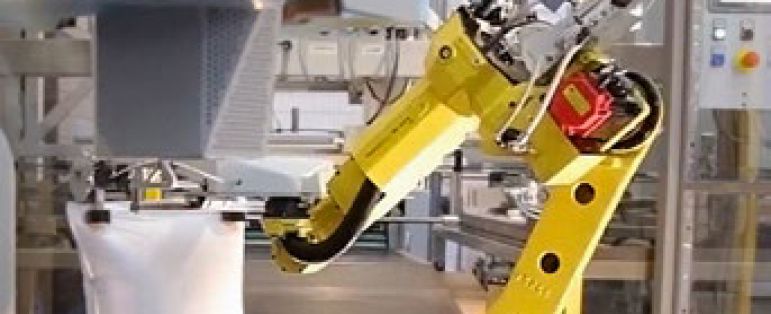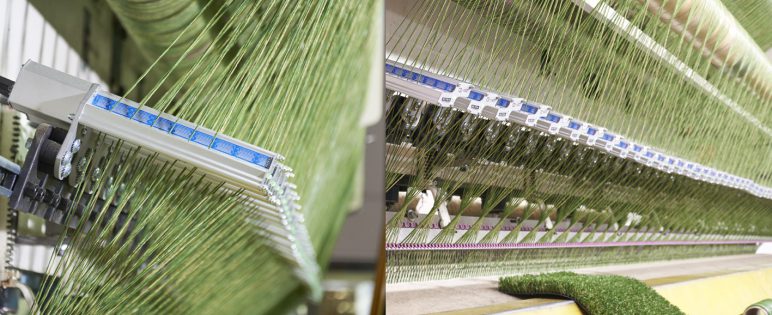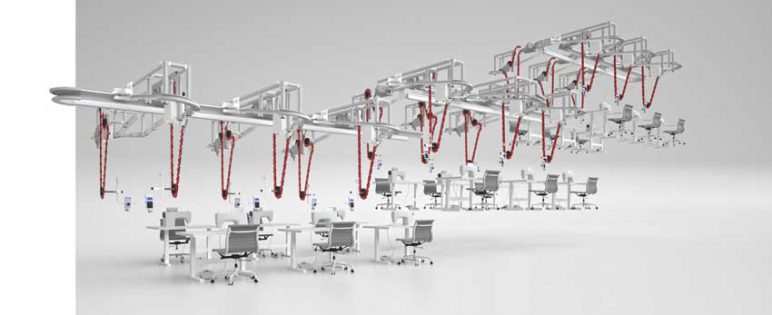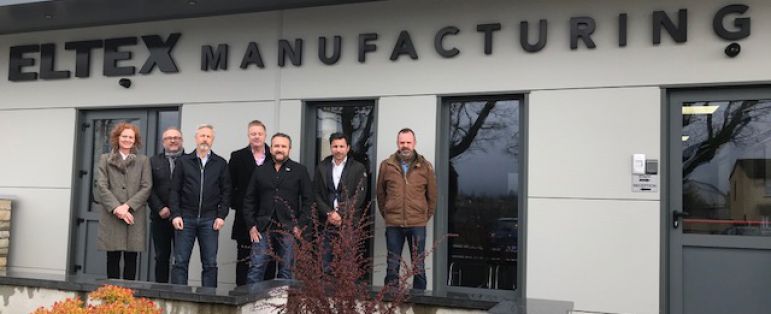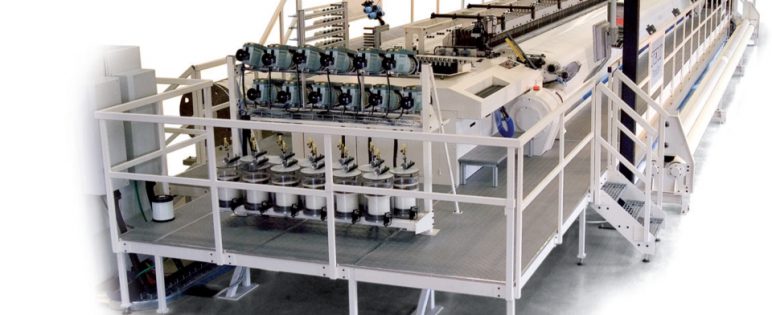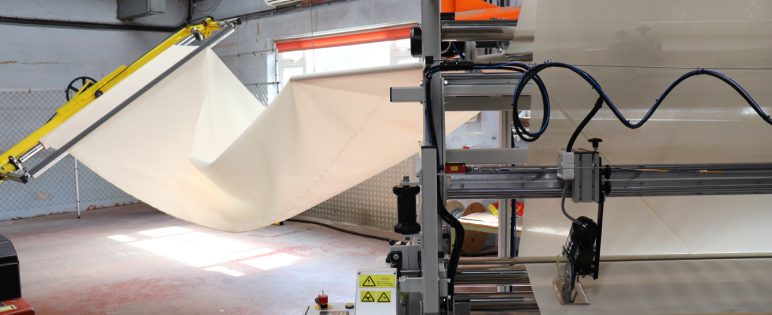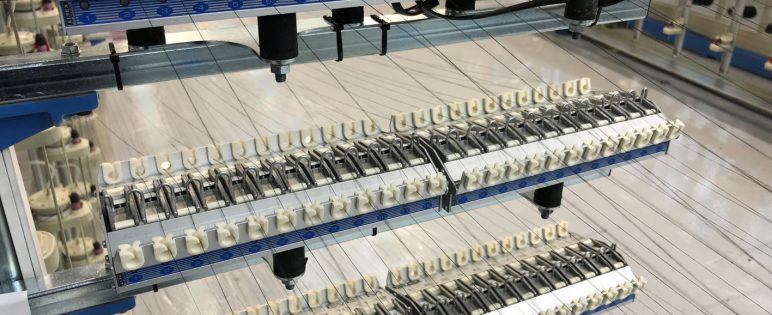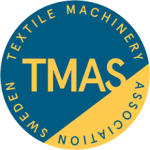Meet Joacim Wellander – new to the TMAS board
Joacim Wellander, CEO of imogo, is new to the board of TMAS. With a rich background in mechanical engineering and extensive experience across various sectors, Joacim shares his professional path, views on technological integration, industry trends, and visions for the future.
Can you tell us a bit about your professional background and what led you to this industry?
– As a mechanical engineer by trade, my career began at Japanese company Sumitomo in the Heavy Machinery division, focusing on gearboxes for robots and windmills. Transitioning into the printing industry, I worked on automation equipment at Kelva AB and Baldwin. Over nearly two decades, I got the opportunity to work in many different fields, from engineering and design, to sales, and management. The shift to textiles came as the printing industry faced a downturn in demand in favor for digital solutions, and the textile sector’s sustainability efforts caught my interest. There are many similarities between how textiles and paper is processed, and at that time the textile industry had just started to focus on the sustainability aspects of the industry. This led to the founding of imogo in 2018, with the aim to innovate textile processing to enhance sustainability.
What motivated you to join the board of the Swedish Textile Machinery Association, TMAS?
– Joining TMAS was a natural step for imogo, having already established connections within the association. The support from TMAS members was a significant motivator, and we hope to contribute our insights and advancements to the community as we have come further on our company journey.
What are your views on the integration of AI and automation in the textile machinery industry?
– AI and automation will have a place in most industries, including textiles. However, their adoption rate may vary by sector. In wet processing, the area we specialize in, AI’s significant impact seems distant. The pace of technological integration will likely differ based on industry segments’ specific needs and challenges.
What major trends are you currently observing in your field of the textile machinery industry?
– Sustainability is a central focus, with efforts to enhance machinery efficiency and explore new materials and eco-friendly chemical processes.
How do you envision the future of the textile machinery sector?
– The textile machinery sector’s future is complex and varied. Challenges include navigating the geographical, political, and educational landscapes of major production regions, alongside a lack of real incentives for factories to make investments in sustainable practices. A dream scenario would be reshoring some production volumes to Europe and together with stakeholders create proven examples of what sustainable production models can look like, facilitating a more coordinated approach to introducing these solutions to global textile producers.
